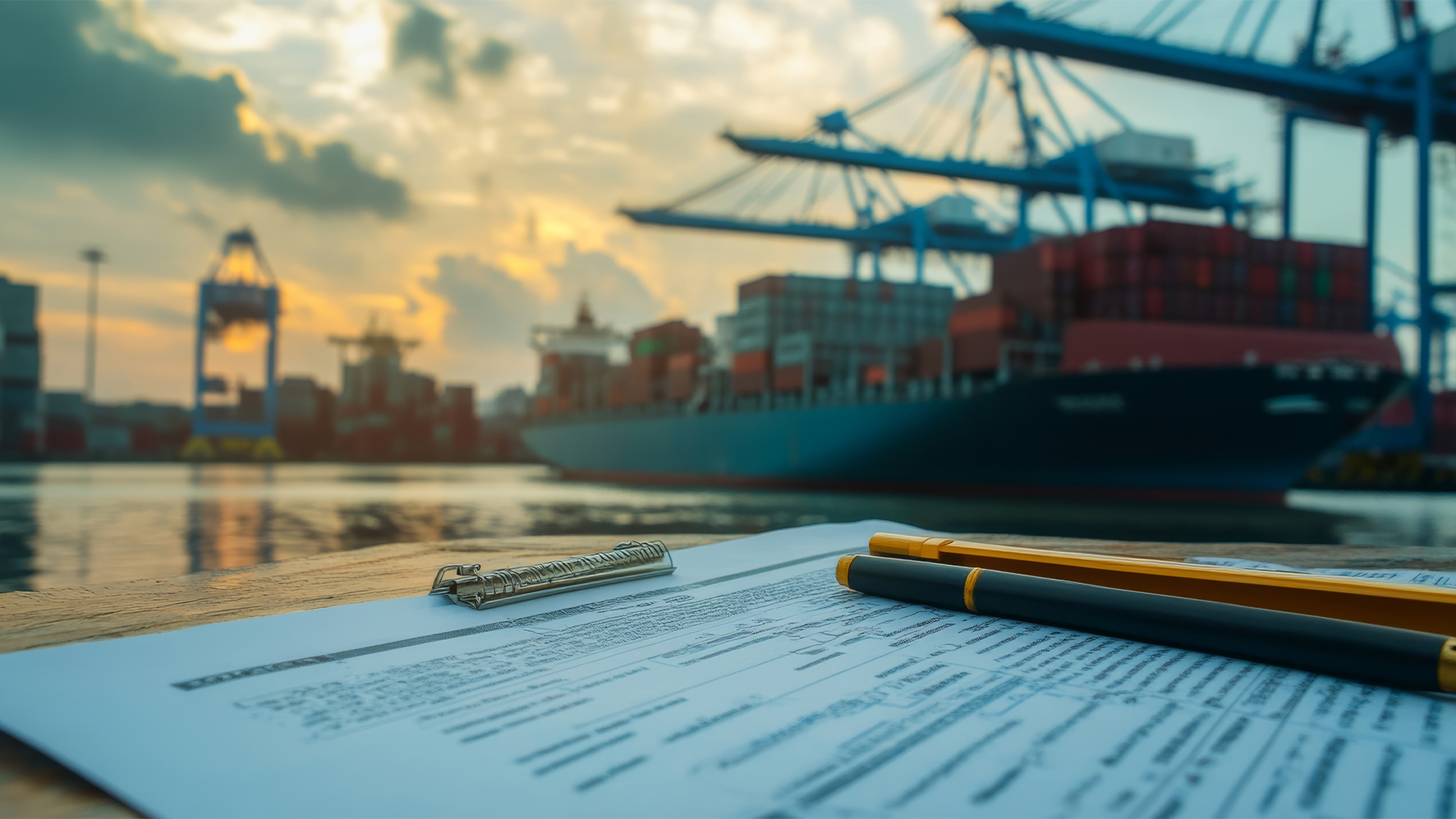
Trade compliance is set to become even more challenging in 2025. The focus for many organisations will shift to adapting strategies that address geopolitical tensions, sustainability and ensuring compliance systems and tools are fit for purpose. With that in mind, Thomas Lobert, Solutions Consultant at Descartes, outlines the top five trade compliance trends of 2025, along with the upcoming changes that will affect businesses in international trade.
Trend #1 – Expanding Global Sanctions and Export Controls
A key trade compliance trend for 2025 will be the continued expansion of global sanctions fuelled by persistent geopolitical tensions. As governments continue to use export controls and sanctions as primary tools of foreign policy, compliance professionals will need robust mechanisms; such as denied party screening, to adapt to fast-changing sanction frameworks.
Robust trade compliance programmes will, therefore, be crucial for businesses managing imports and exports within highly regulated supply chains. It will also be key, therefore, to ensure they meet the various compliance requirements set out; such as new restrictions on dual-use goods and technologies, expanded sanctioned entity lists and region-specific export controls in emerging markets.
To address these kinds of issues, it will become more and more important to explore the use of systems and tools that offer denied party screening and the management of export licenses. This approach will support with identifying and mitigating risks, and become indispensable within any organisation.
Trend #2 – ESG and Ethical Trade Practices
ESG issues are now an integral part of trade compliance. Teams are increasingly required to address greater accountability in their supply chains, with new regulations concerning carbon emissions accountability and environmental taxes.
Companies will need to comply with stringent measures on various policies. This includes the Uyghur Forced Labor Prevention Act (UFLPA), which mandates proof of ethical sourcing to prevent the use of forced labour in products. Another is the EU’s Deforestation-Free Regulation, targeting commodities like coffee, cocoa, and palm oil. This is the case even for the EU’s and UK’s Carbon Border Adjustment Mechanisms (CBAMs), which impose tariffs on imports based on carbon emissions. This is where denied party screening tools can complement these efforts: by using them organisations can ensure that they are not inadvertently engaging with restricted entities linked to unethical practices.
Integrating ESG considerations into an effective import compliance programme will not only align organisations with sustainability targets, but also ensure adherence to ethical sourcing standards.
Trend #3 – AI and the Role of Advanced Technologies
Technology continues to reshape trade compliance. It offers business new ways to manage regulations and reduce risk. Another critical trend will be the integration of advanced technologies such as Artificial Intelligence (AI) in compliance processes.
AI tools for trade as well as import and export compliance help improve productivity and automate workflows. All of this means that AI is quickly becoming essential for teams to streamline their trade compliance processes, especially for denied party screening, reducing manual errors and managing real-time updates to regulatory requirements across multiple jurisdictions.
Additionally, by using AI trade compliance solutions businesses can enhance their compliance efforts to keep pace with evolving global regulations, while ensuring thorough denied party screening processes.
Trend #4 – Trade Agreements and Tariff Changes
One of the most impactful trade compliance trends in 2025 will be the shifting of tariffs and changing trade agreements. Businesses must tread carefully to navigate new complex frameworks to minimise costs and mitigate risks associated with tariffs and duties. In recent history, the U.S. government has used tariffs to address trade imbalances and to protect domestic industries, which led to trade countermeasures from adversaries and allies alike.
Both the Trump and Biden administrations have used Section 301, Section 232 and Section 201 tariffs on a range of products from all sorts of countries. With Trump’s re-election tariffs are again top of mind on the agenda. Therefore, to avoid penalties, businesses will need to focus on origin compliance, supply chain transparency and sustainability to avoid penalties.
Trend #5 – Building Resilient Supply Chains
The final trade compliance trend for 2025 is supply chain resilience. Building a robust and flexible supply chain should be a top priority with the increasing geopolitical conflicts, environmental challenges and stricter regulations.
To avoid disruption, trade compliance teams must map supplier risks, especially those in high-risk regions and industries. Organisations must be proactive in their compliance with local regulations, such as content requirements or export restrictions with the potential of tense country relations.
Relying heavily on a single supplier or region will increase vulnerability for businesses and diversifying suppliers should be key to help address geopolitical and natural disasters.
Further, the supply chain that is used should help the organisation comply with ESG – including regulations around labour and environmental laws such as UFLPA and CBAM.
Conclusion
In 2025 trade compliance will need to become a strategic differentiator, organisations must not limit trade compliance and the supporting teams to ticking boxes – this function has a powerful and vital role to play for many organisations. Trade compliance departments, rightly, need to be empowered to navigate this increasingly complex and unpredictable landscape with confidence and foresight.
Businesses will face questions like: “How do we keep up with rapidly changing sanctions”, “With stakeholders increasingly demanding ethical trade practices how do we achieve this with operational efficiency,” and “What tools and strategies can provide us with a strategic advantage?” In today’s increasingly complex business landscape the answer to these questions lies, ultimately, in shifting focus from reactive problem solving to proactive leadership.




















